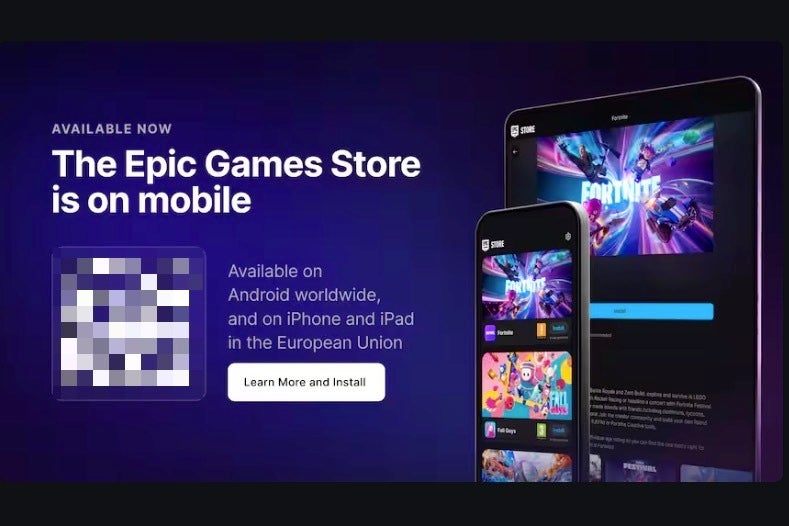A three-person committee, formed by Google and Epic Games, will monitor Google’s compliance and address any technical issues arising from the ruling. Google has expressed its disagreement with the decision, arguing that Android’s open platform already provides developers with various app distribution options.
In December, a jury found Google’s Play Store to be in violation of US antitrust laws, stating that the company held an illegal monopoly on app distribution and in-app billing for Android devices. The jury also concluded that Google’s agreements with other gaming companies and device manufacturers were anti-competitive.
It’s important to highlight how this ruling diverges from the Epic Games lawsuit against Apple. While both cases centered on antitrust concerns and app store practices, the outcomes were significantly different. In the Apple case, the court largely sided with Apple, maintaining the company’s control over its App Store and in-app payment systems.

Epic currently advertises on its website the current state of availability of its app. | Image source — store.epicgames.com” 
This news is certainly interesting from a consumer’s perspective. More competition in the app store market could lead to lower prices and more choices for users. However, it also brings up valid concerns about security and fragmentation. It will certainly be interesting to see how this plays out over the next few years and what impact it will have on the Android ecosystem.
